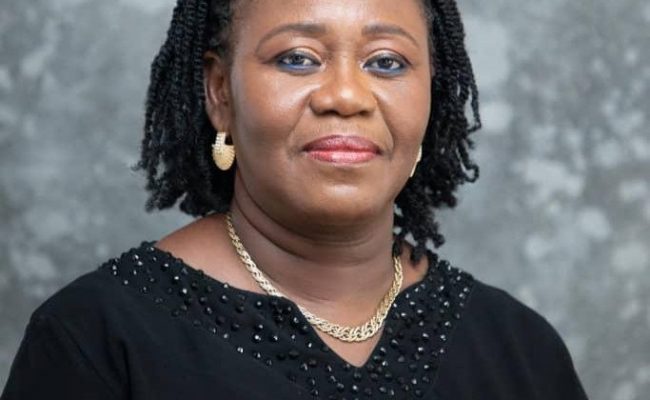NDC MPs u-turn on CJ nominee
- Posted on
- Comment

The opposition National Democratic Congress (NDC) MPs have softened their stance on the President’s candidate for Chief Justice of Ghana, Justice Gertrude Araba Esaaba Sackey Torkornoo.
The Minority Party initially refused to accept the Chief Justice nomination, seeking that the Supreme Court make a reasoned decision in the dual citizenship case involving James Gyakye Quayson, a former Member of Parliament for Assin North.
However, in a press conference in Parliament yesterday, the NDC MP for Bawku Central, Mahama Ayariga, who was flanked by his colleagues, stated that the Minority members would no longer withhold their acceptance of the Chief Justice nominee by consensus.
“James Gyakye Quayson is gearing up to contest the by-election in Assin North Constituency which has been brought about by the Supreme Court’s decision. In that regard, we the members of the Appointments Committee representing the National Democratic Congress (NDC) will not withhold our approval of the Chief Justice nominee by consensus,” he stressed.
According to him, the curriculum vitae of the President’s nominee reveal “a person of considerable experience, having served as a judge from the High Court to the Court of Appeal and ultimately at the Supreme Court.”
“Women who have acquitted themselves should be given opportunities to occupy key national offices. Even as we disagree with her jurisprudence, we find her qualified to occupy the high office of Chief Justice of the Republic of Ghana,” he noted.
Mr. Ayariga claimed that Justice Gertrude Torkornoo told the world that she was a textualist in her preferred approach to interpreting the 1992 Constitution of Ghana, but he abandoned the text and chose to read into the text a replacement text “qualified to file nomination papers to contest for election as a member of Parliament”.
“This is exactly why the NDC Minority Members of Parliament on the Appointments Committee wanted to wait for the reasoning to see if the CJ nominee, Justice Gertrude Araba Essaba Torkomoo, would be true to her publicly professed textualist approach to constitutional interpretation,” he intimated.
By Ernest Kofi Adu, Parliament House










 (Selorm) |
(Selorm) |  (Nana Kwesi)
(Nana Kwesi)